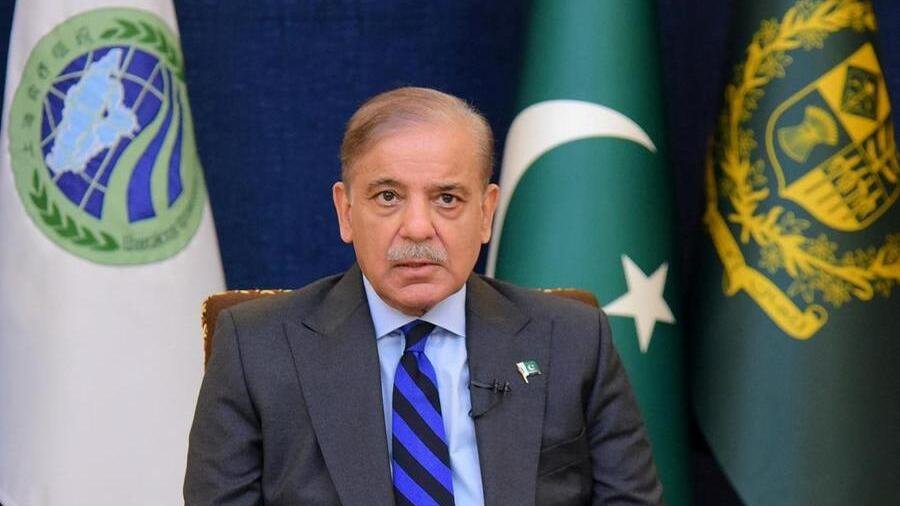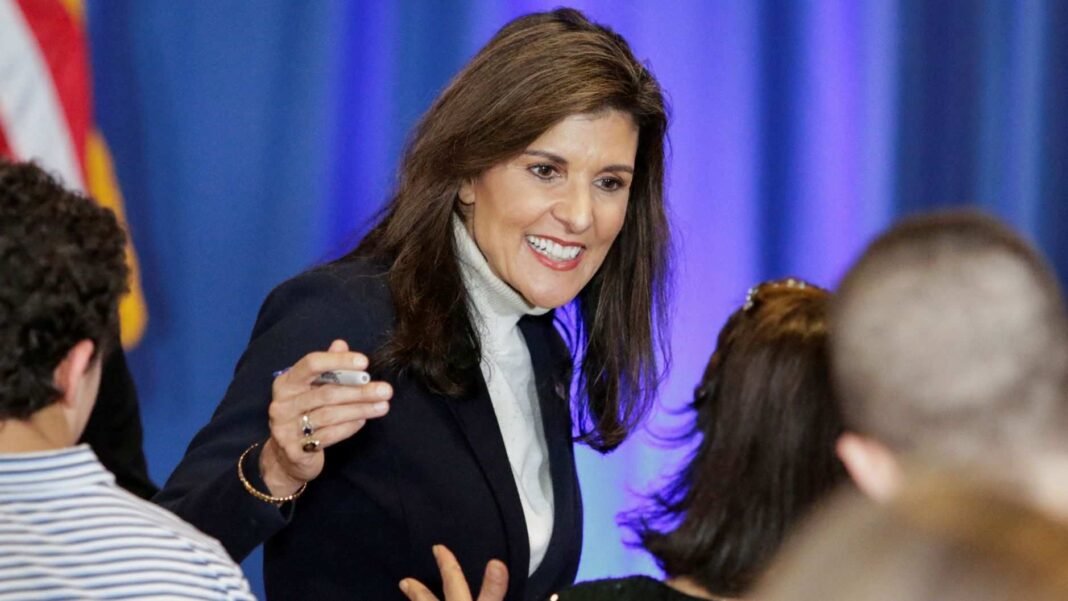Pakistan’s recently convened parliament has reinstated Shehbaz Sharif as prime minister for a second term, triumphing over a contender supported by incarcerated former prime minister Imran Khan.
This development follows a tumultuous general election, marred by accusations of intimidation and electoral fraud, which concluded three weeks ago with no clear winner.
Mr. Sharif’s PML-N party secured second place in the polls. However, independent candidates endorsed by Mr. Khan’s PTI emerged with the highest number of seats, albeit without attaining a decisive majority.
On Sunday, National Assembly Speaker Ayaz Sadiq disclosed that Mr. Sharif clinched 201 parliamentary votes, surpassing the requisite threshold of 169 for his prime ministerial election. His opponent, Omar Ayub, backed by Mr. Khan’s Tehreek-e-Insaf (PTI) party, garnered 92 votes.
In his triumphal address, Mr. Sharif emphasized the democratic essence of the situation, highlighting that in the absence of a clear parliamentary majority, it was “the democratic way” for “like-minded parties to form a coalition government.”
Following last month’s election, the Pakistan Muslim League Nawaz (PML-N), led by Nawaz Sharif, Shehbaz Sharif’s brother, brokered a coalition pact with the Pakistan People’s Party (PPP). This alliance, which historically stood as rivals, united in 2022 to unseat Imran Khan and usher Mr. Sharif into power as his successor.
After the dissolution of the assembly in August last year, Pakistan navigated under a caretaker government. Imran Khan, on the other hand, found himself incarcerated in the lead-up to the February 6 election and was precluded from contesting. He faces an array of more than 150 criminal and civil charges, all of which he vehemently denies, amid a government crackdown on his party.
Despite PTI candidates being compelled to run as independents due to legal constraints, they managed to secure more seats than any other party.




